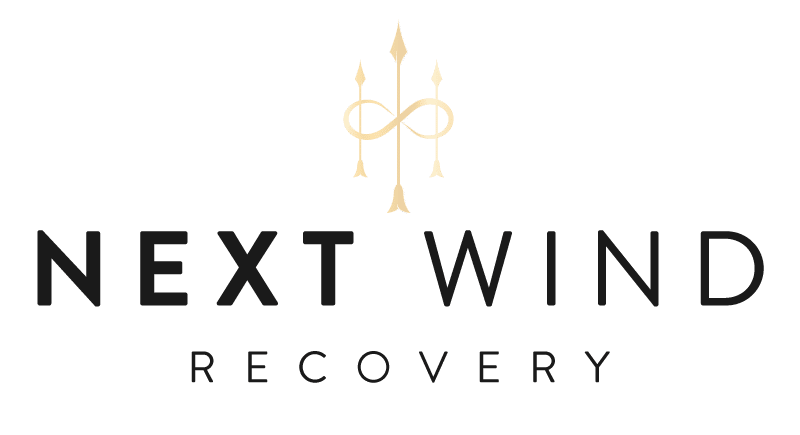Addiction is a chronic, relapsing disease that affects millions of people worldwide. It is a complex disorder that changes the brain’s chemistry and alters behavior, making it difficult for individuals to stop using drugs or alcohol alone. As a result, addiction can lead to severe health problems, social isolation, and financial instability, making it a significant public health concern. Medication Assisted Treatment (MAT) is an evidence-based approach that combines medication with behavioral therapy to treat substance abuse disorders. It is an effective tool that has helped many individuals overcome addiction and reclaim their lives.
At Next Wind Recovery, we believe in using every possible support to help you achieve sustainable long-term sobriety. Contact us today to learn more about how we use medication-assisted addiction treatment to support our clients.
Understanding Addiction and the Need for MAT
Addiction is a chronic disease that affects the brain’s reward system, causing individuals to seek out and use drugs or alcohol despite adverse consequences. It is a complex disorder requiring specialized treatment to address the disease’s physical, psychological, and social aspects. Addiction is not a choice, and individuals who struggle with it often face judgment and stigma from society. Therefore, it is essential to understand that addiction is a disease that requires medical intervention and support.
MAT is an evidence-based approach to addiction treatment that combines medication with behavioral therapy. It addresses addiction’s physical and psychological aspects. It helps individuals manage withdrawal symptoms, reduce cravings, and prevent relapse. It is a highly effective tool that has shown promising results in assisting people to overcome addiction and reclaim their lives.
Benefits of MAT
MAT is an essential tool in addiction treatment. It helps individuals manage withdrawal symptoms, reduce cravings, and prevent relapse. In addition, it addresses addiction’s physical and psychological aspects, making it a highly effective treatment option.
MAT is also a flexible treatment approach that can be tailored to meet the individual’s needs. Treatment providers can adjust the medication dosage and schedule based on the individual’s progress and needs. MAT is also safe and well-tolerated, with minimal side effects.
Types of Medication Used in MAT
MAT uses medication to manage withdrawal symptoms, reduce cravings, and prevent relapse. The medication used in MAT varies depending on the substance of abuse and the individual’s needs. The most common medications used in MAT are:
- Methadone – Methadone is a long-acting opioid agonist used to treat opioid addiction. It helps individuals manage withdrawal symptoms and reduce cravings. Methadone is dispensed daily at specialized clinics and requires close monitoring.
- Buprenorphine – Buprenorphine is a partial opioid agonist used to treat opioid addiction. It helps individuals manage withdrawal symptoms and reduce cravings. A qualified healthcare provider can prescribe buprenorphine, and can be dispensed at a pharmacy.
- Naltrexone – Naltrexone is an opioid antagonist used to treat opioid and alcohol addiction. It blocks the effects of opioids and reduces the risk of relapse. Naltrexone can be administered as a daily pill or a monthly injection.
How MAT Works in Addiction Treatment
MAT is a comprehensive approach to addiction treatment that combines medication with behavioral therapy. It helps individuals manage withdrawal symptoms, reduce cravings, and prevent relapse. MAT also addresses the underlying psychological and social factors that contribute to addiction.
Behavioral therapy is an essential component of MAT. It helps individuals develop coping skills, address negative thought patterns, and build a support system. Behavioral therapy can be provided in individual or group settings and tailored to meet the individual’s needs.
Who is Eligible for MAT?
MAT is a highly effective treatment approach for individuals struggling with substance abuse disorders. MAT is most commonly used to treat opioid addiction but can also treat alcohol and other drug addictions. In addition, MAT is safe and well-tolerated, making it suitable for individuals with co-occurring mental health disorders and medical conditions.
Risks and Side Effects of MAT
MAT is a safe and well-tolerated treatment approach, but it can have side effects like any medication. The side effects of MAT vary depending on the medication used and the individual’s response. The most common side effects of MAT include:
The risks of MAT are minimal but can include the risk of addiction to the medication used in treatment. However, this risk is significantly lower than the risk of addiction to the substance being abused.
Success Rates of MAT
MAT is a highly effective treatment approach that has shown promising results in helping individuals overcome addiction and reclaim their lives. According to SAMHSA, individuals who receive MAT have a higher chance of long-term recovery and reduced risk of overdose. MAT has also been shown to improve social functioning and reduce criminal behavior.
MAT and Long-term Recovery
MAT is not a cure for addiction but an essential tool in long-term recovery. MAT helps individuals manage withdrawal symptoms, reduce cravings, and prevent relapse, making it easier to focus on healing. MAT also addresses the underlying psychological and social factors contributing to addiction, making it a comprehensive treatment approach.
Medication-Assisted Treatment at Next Wind Recovery
Addiction is a chronic disease requiring specialized treatment to address the disease’s physical, psychological, and social aspects. Medication Assisted Treatment (MAT), available at Next Wind Recovery, is an evidence-based approach to addiction treatment that combines medication with behavioral therapy. It is a comprehensive approach that addresses addiction’s physical and psychological aspects, making it a highly effective tool in addiction treatment.
Get the highest quality of care at our Top-Rated Drug Rehab in New Jersey.








